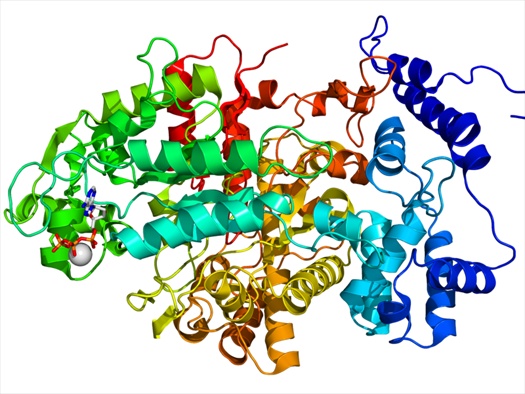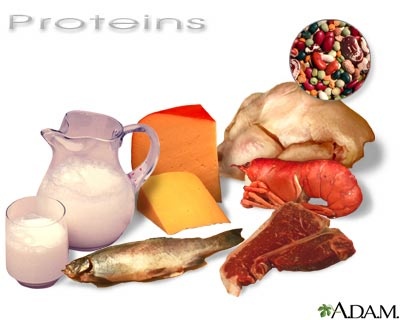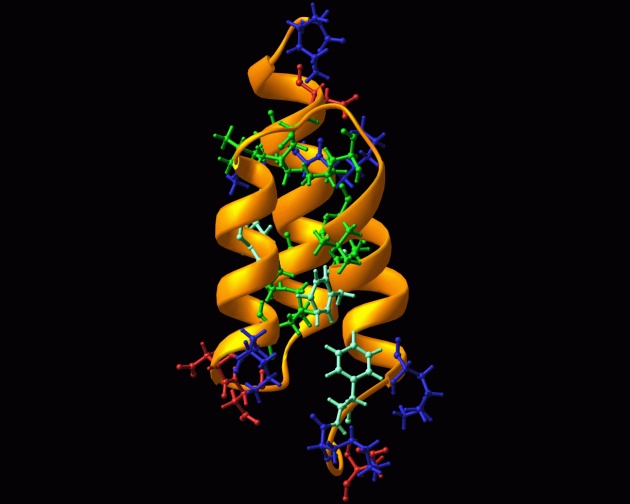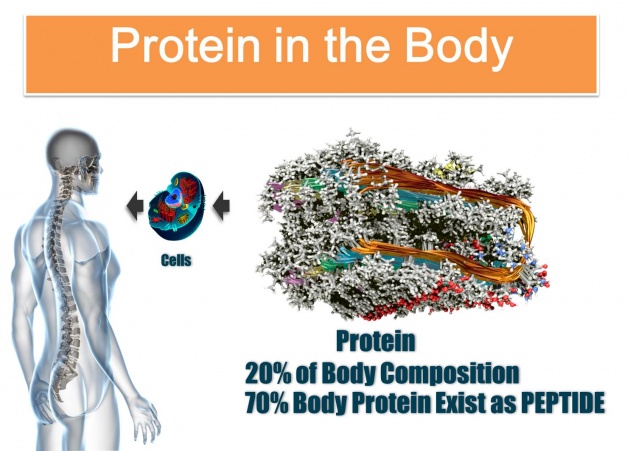Functions Of Proteins :--
Proteins take as essential part in formation of protoplasm which is the essence of all forms of life. Nucleoproteins which are complexes of proteins with nucleic acids serve as carriers of heredity from one generation to the other, the replication of DNA, and formation of RNA and synthesis of proteins by the ribosome and the post translational modification of newly synthesized proteins are regulated by factors that are mostly proteins. Specialized proteins called chaperones monitor the correct intracellular folding and assembly of polypeptides without being component of the final structure; they include nucleoplasmins, chaperonins, etc.

Enzymes which are biological catalysts, with only a few exceptions (certain DNA) are proteins and without them life will not possible. Proteins are integral part of all viruses, which are very important from a pathogenic point of view. Each one gram of dietary proteins furnishes 4.1 k.cal when oxidized in the body.

Good quality dietary proteins have all the nutritionally essential amino acid which can not be synthesized in a body. Many proteins have specialized functions. Hemoglobin act as a carrier of O2. Some act hormones, e.g insulin, growth hormone and parathyroid hormone, etc. muscle proteins has a role in contraction of muscle fibers. Antarctic fish contain antifreeze proteins which protect their blood from freezing. The proteins present in blood plasma act as colloidal particles and exert an osmotic pressure of 25 to 30 mm hg.

Plasma proteins take part in blood coagulation and transport of substance such as hormones, drugs, metal like iron and copper. Antibodies against infective agents, bacteria and viruses, are also proteins and are termed immunoglobulin. The role of proteins in plasma membranes where they act as transporting or carrier molecules and receptor for hormones etc. has been already discussed. Proteins make complexes with carbohydrates and lipids
 .
.



